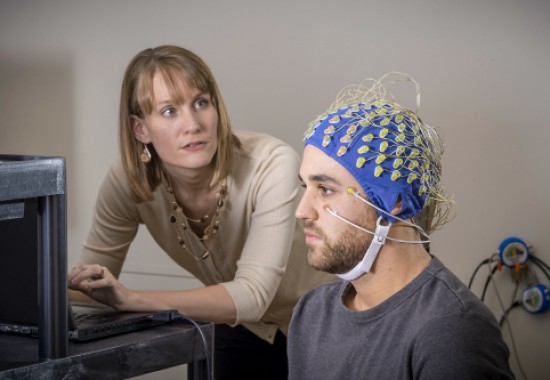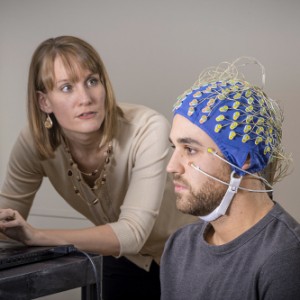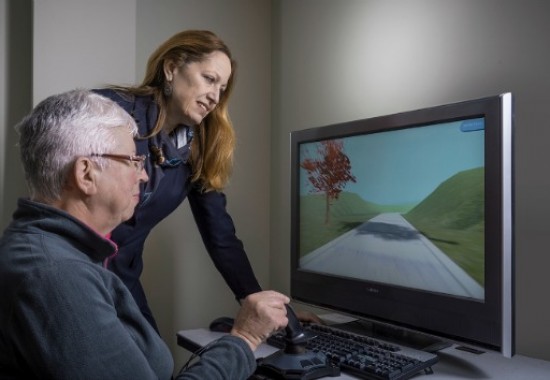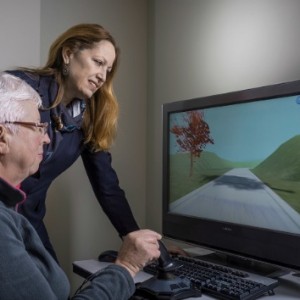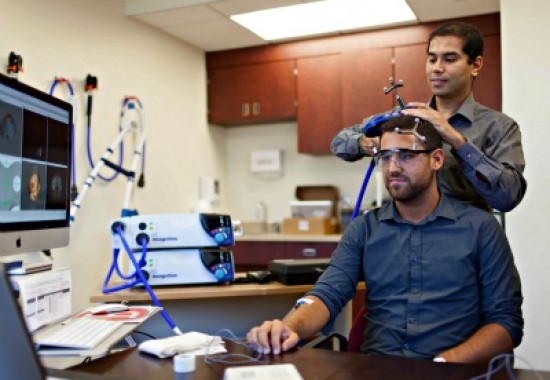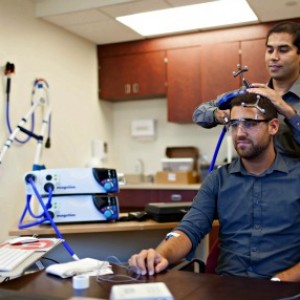Amanda Rabinowitz, PhD, director of the Brain Injury Neuropsychology Laboratory at the Moss Rehabilitation Research Institute (MRRI), has received funding to research depression in people who have sustained traumatic brain injury (TBI). Specifically, she and her team are hoping to understand whether depression or a lack of participation in one’s usual activities comes first—what Rabinowitz refers to as a “chicken-or-the-egg” problem.
The $93,000 grant was awarded by the National Institutes of Health.
“We know that people with TBI may not be able to participate in their regular activities and experience the sense of reward that comes from them,” says Dr. Rabinowitz. “And this may lead to depression. However, people who become depressed first may also disengage from their usual activities. So our question is which one of the mechanisms is causing the other?” Continue Reading



